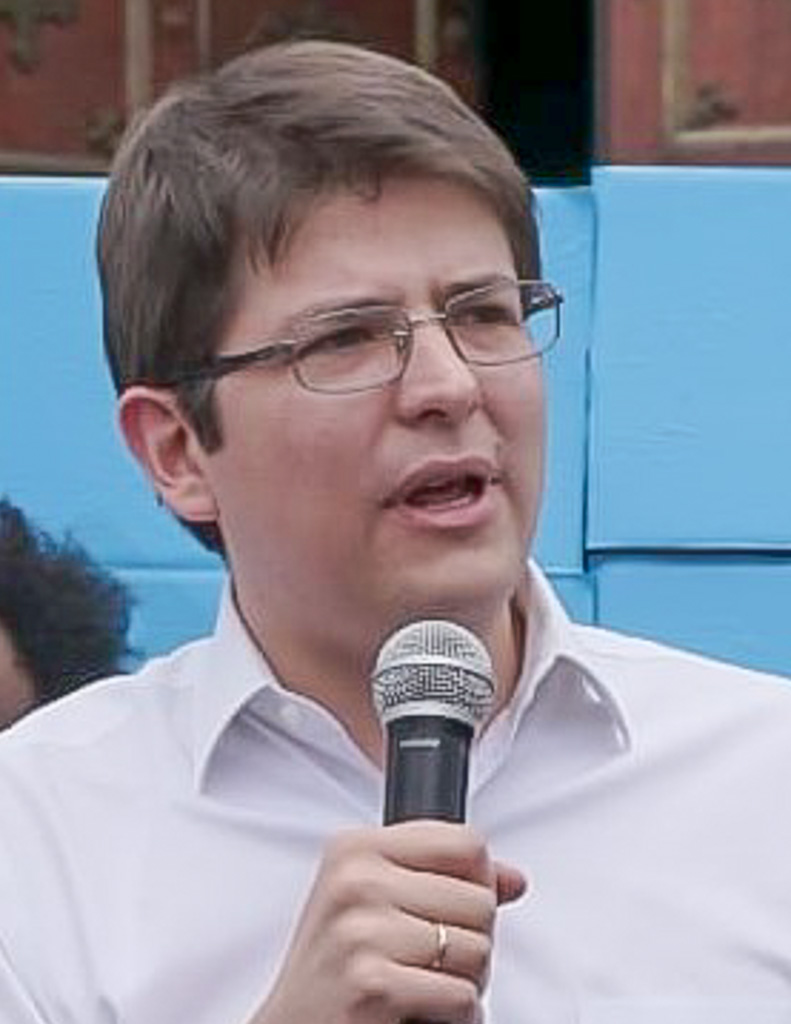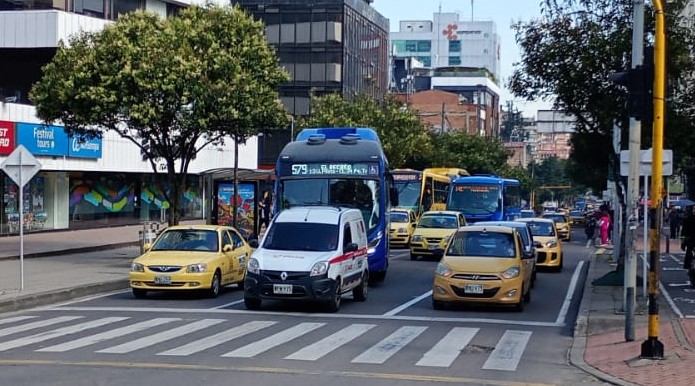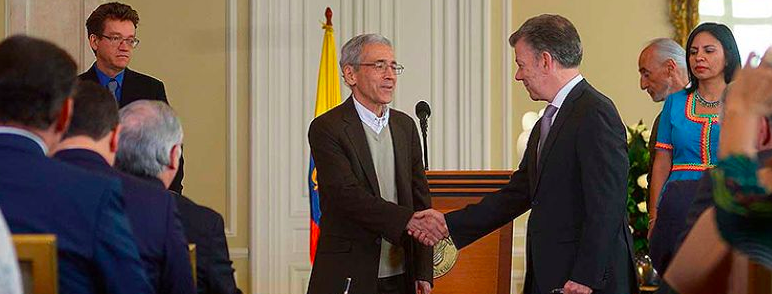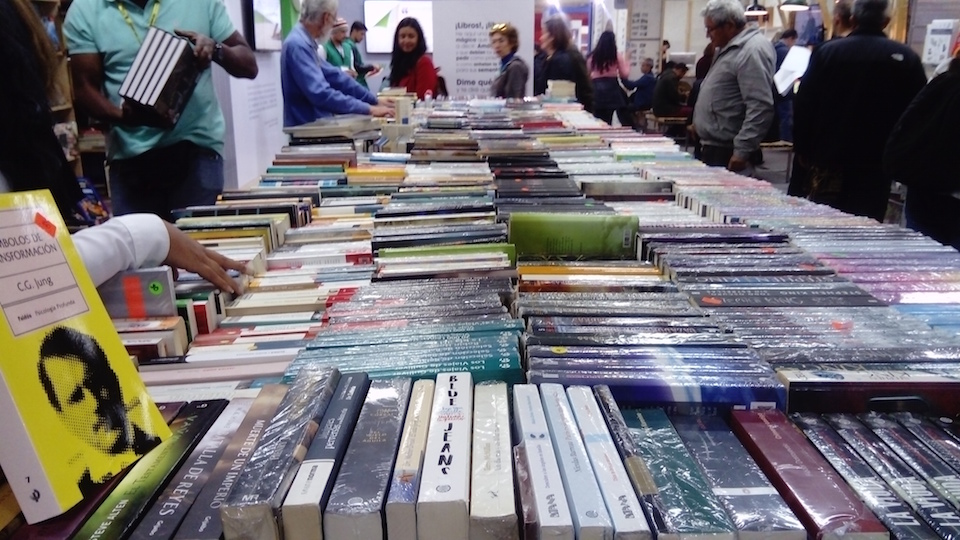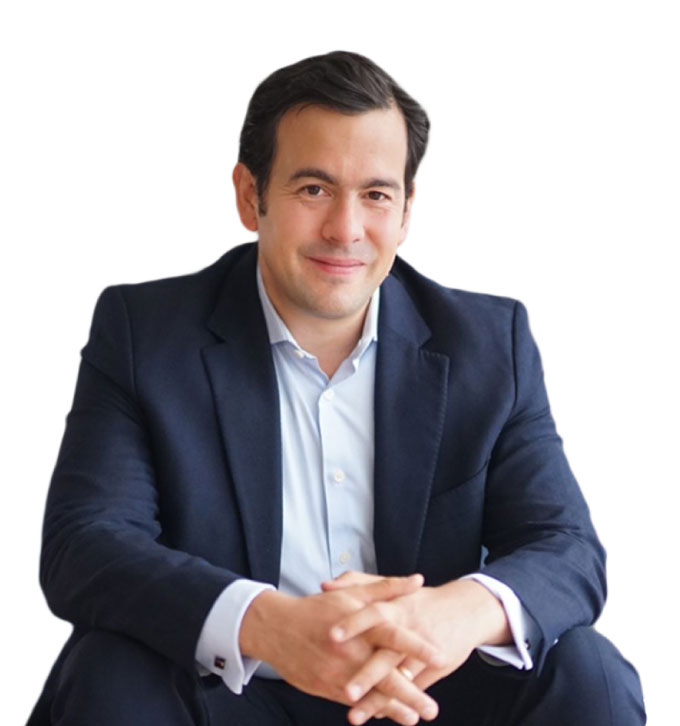Vice-rector condemns unauthorized entry of thousands bussed in for political campaigns
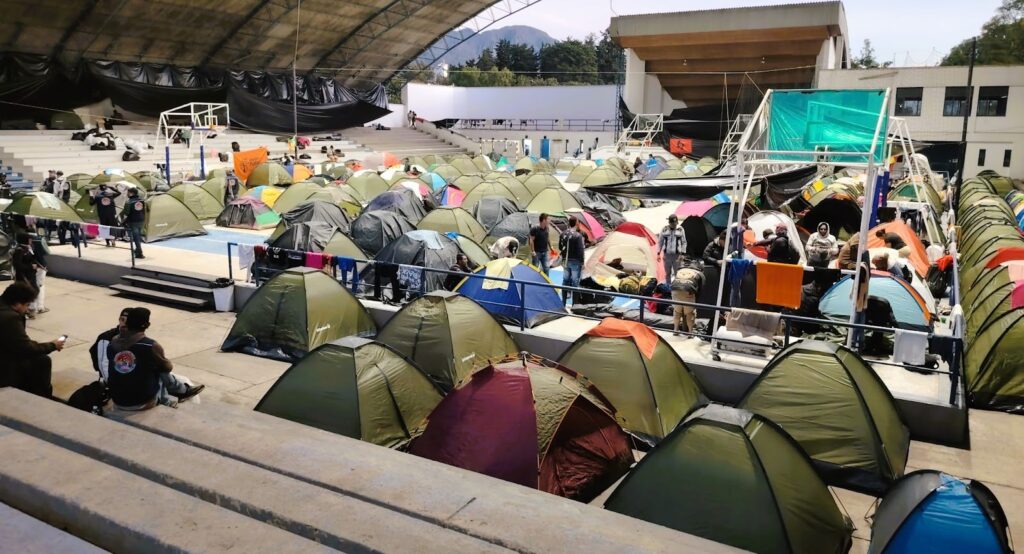
The sudden arrival of masses of indigenous and campesino groups now camping or sleeping out on the campus of Bogotá’s Universidad Nacional (National University) has ignited a furious reaction from its administrators.
At least 1,700 individuals from the political movement Congreso de los Pueblos (‘People Congress’) entered the sprawling campus grounds by early Monday morning as part of marches planned nationwide this week to support government plans for social reforms.
With many more busloads expected to arrive, the university vice-rector, Carolina Jiménez, rejected the unauthorized entry onto the campus, stating that the invaded spaces were “not a suitable setting for housing people”.
“Situations like this pose a challenge for our human resources and teams,” she said in a note sent to thousands of students enrolled at the country’s largest and most prestigious public university.
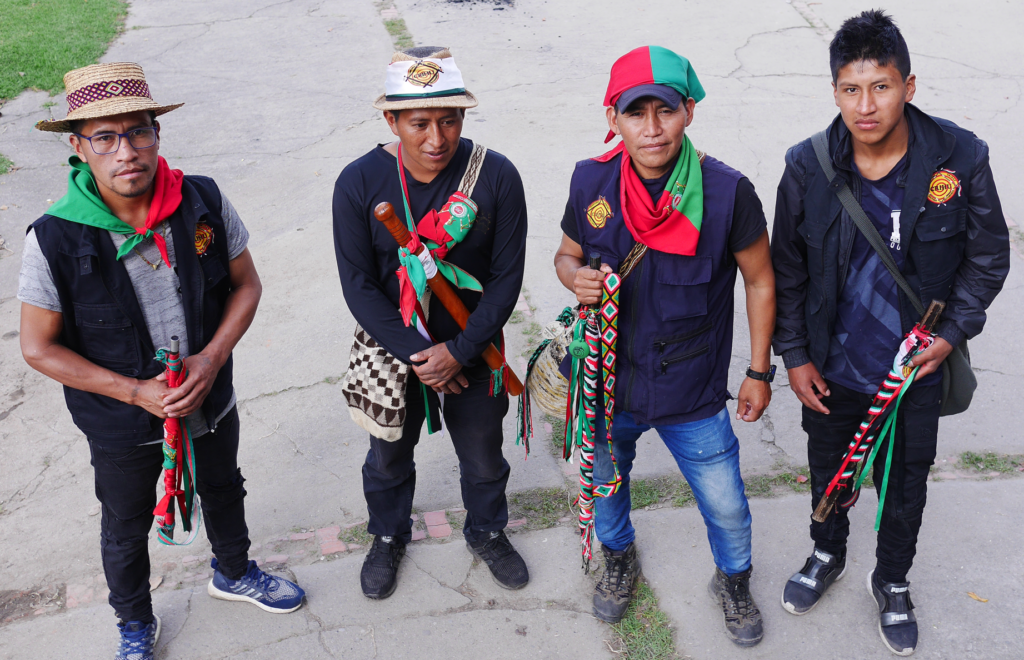
‘University of the people’
Representatives of the Congreso de los Pueblos confirmed late Tuesday that they had entered the campus without previous authorization. A spokesperson claimed their presence was not illegal because “it’s a public university, the university of the people”. He also reiterated that the political gathering would make every effort to minimize the impact on student life and study.
When The Bogotá Post visited the university on Tuesday many normal academic activities were under way, though some larger auditoriums were converted into campsites and communal cooking areas.
Indigenous governor Hernando Carpio said he was leading 800 marchers from Wou’nan and Embera communities in the Chocó. They had travelled for two days to the capital to press the government for solutions for chronic conflict in their territories, which lie in the path of numerous armed groups battling over drug trafficking and illegal gold mining.
“We want the government to have sovereignty over our lands and bring peace. We know they have the military and the technology to do this, to bring a transformation,” he told The Bogotá Post.

Dorman Torres, a lemon farmer from Arboleda in Cauca had also travelled to have his voice heard: “In 30 years of promises no government has ever delivered,” he said. “We live in a dry zone and need irrigation for our crops and orchards.”
The congress was “not marching against [Colombian president] Petro, rather against the system,” he said.
The communities were using the university campus as a strategic base for their marches and occupations of government buildings under the banner of the Congreso de los Pueblos, he added.
Tough times at the ‘Nacho’
The arrival of such a large group, including with children, caught administrators by surprise, with city authorities who also claimed ignorance of the plans and scrambled to alleviate the situation on the campus by installing portable toilets, temporary shelters and a health post.
For many years the ‘Nacho’ – local slang for the Universidad Nacional — has successfully hosted indigenous and campesino communities visiting Bogotá for collective activities (mingas) and peaceful protests. And in theory the campus is a public space, filling 120 hectares between Avenida El Dorado and Avenida 30.
But normally these events are planned with city authorities. This sudden incursion came on the back of a rash of violent events at the campus. Last September 11 a bomb exploded outside the sociology department, leaving one person with severe injuries and destroying the building entrance.
According to a news report from Infobae at the time, the victim was “manipulating explosive materials at the time” and part of a group of masked agitators battling with riot police close to the university entrance.
This followed a week of unrest when similar encapuchados – which the university claims in many cases are not students, but outside agitators – were seen mixing Molotov cocktails and later throwing these at Transmilenio buses during clashes with riot police.
Burning bikes
One controversial aspect of the campus is its status as a public space while simultaneously being off-limits to police, a status stemming from a long history of abuse by state forces, including torture, rape and murder of students, peaking in the 1980s.
In theory the university has autonomy of its own internal security, hiring teams of security guards to patrol the Bogotá campus. But the open-gate policy also means any outsiders or troublemakers can enter and mingle with the student body.
Tensions between the university’s own hired guards and agitators came to head later in September when a violent confrontation led to the burning of two motorbikes belonging to the security company.
Then on Friday, 10 October, classes were again disrupted with students filing out in an emergency after a “specific threat” – later said to be a bomb hoax – was spread on social media, according to the rector Leopoldo Múnera.
Battle of the rectors
These events reinforce the university’s long held reputation as a hotbed of rebellion. National Liberation Army (ELN) guerrilla leader Camilo Torres was a teacher there and cofounder of the sociology department (he was also a Catholic priest) and his teachings the ideological bedrock of the Congreso de los Pueblos.
But university leaders have insisted that the acts of violence and vandalism that plague the campus are linked to perpetrators from outside the university, and not the students themselves.
This week Múnera went further saying recent incidents were part of a wider political plot against the university. “There are forces that want to destabilise the Universidad Nacional, and this is worrying,” he told La W Radio.
Múnera’s own position as rector is tenuous: he was only elected in July 2024 following a protracted legal battle over voting procedures and a three-month campus strike which shut down undergraduate courses.
But in September this year a higher body – the Consejo del Estado – overturned the 2024 decision finding in favor of defeated opponent and former vice rector Ismail Peña. However, it did not rule on whether Múnera should now step aside creating a legal limbo.
The clash of the rectors has a strong political component, with an analysis by the Razon Publica website suggesting that any attempt to dislodge Múnera – a candidate openly supported by Petro – will create “institutional clashes between the court and the government” and likely spark further student strikes.
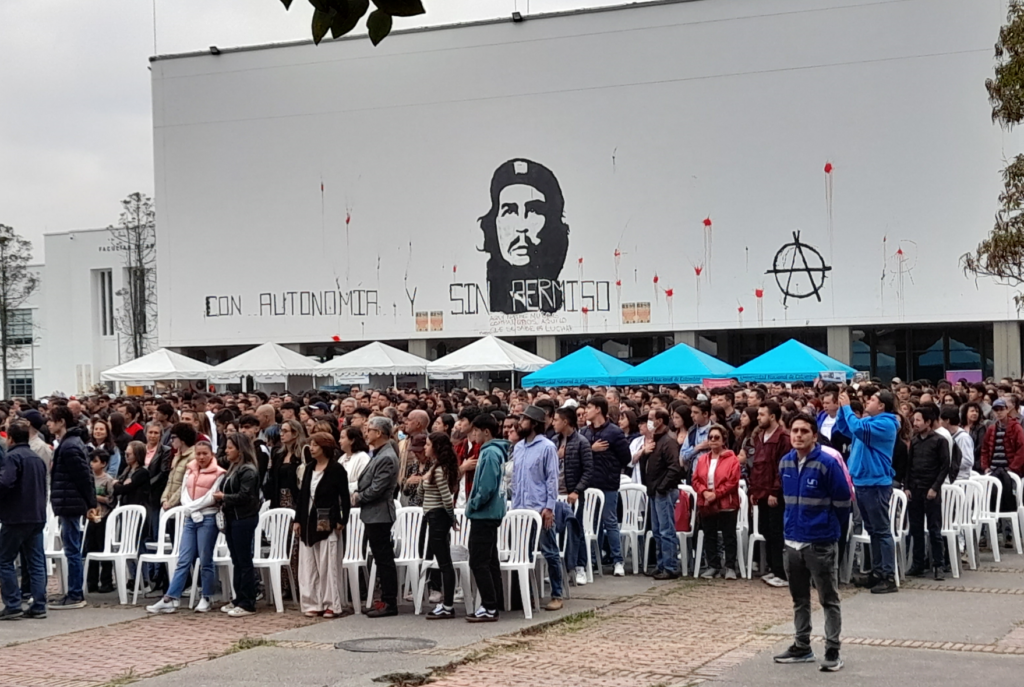
Political footballs
The prospect of more strikes has been heightened this month with graffiti appearing across the university declaring “Peña will never be rector”.
This just added more stress to students and teachers already struggling with crammed timetables designed to recover the three months of classes lost to strikes last year, a group of students told The Bogotá Post.
The arrival of the Congreso de los Pueblos heightened fears of more setbacks for 50,000 students – many themselves from precarious backgrounds. Others doubted that the campus was the best space for a political encampment after recent bombs and threats.
The university was being used as a “political football” for national interests, one said. Another added: “We have a legal right to study, that should be respected too.”

